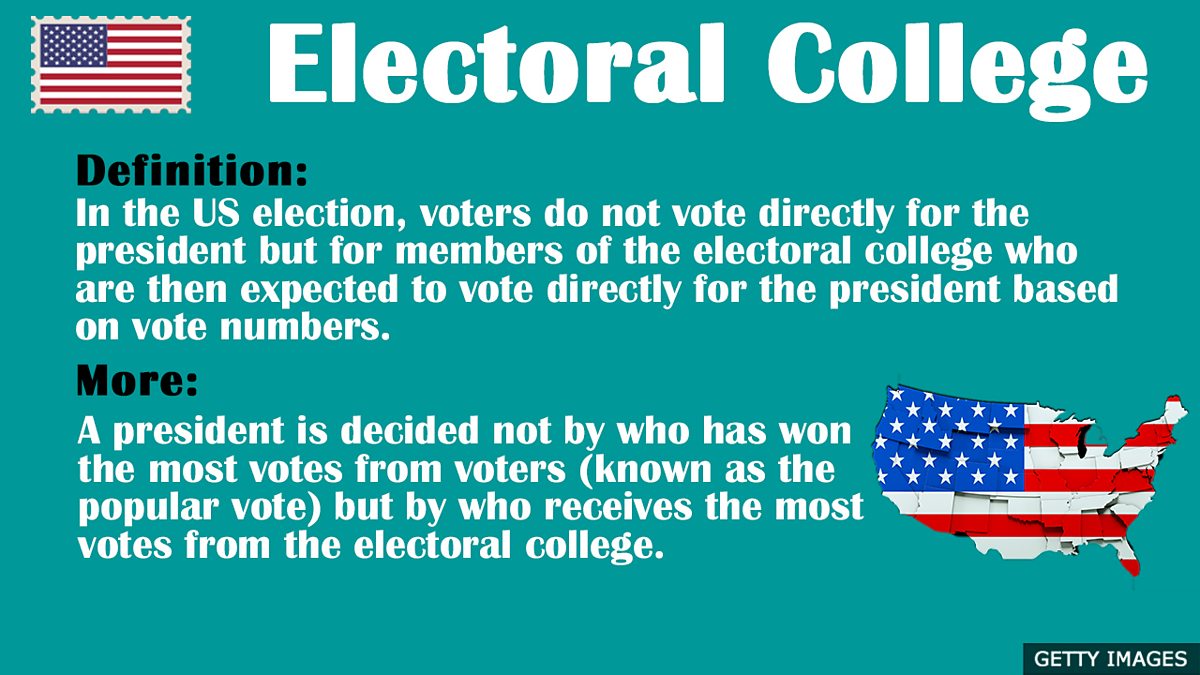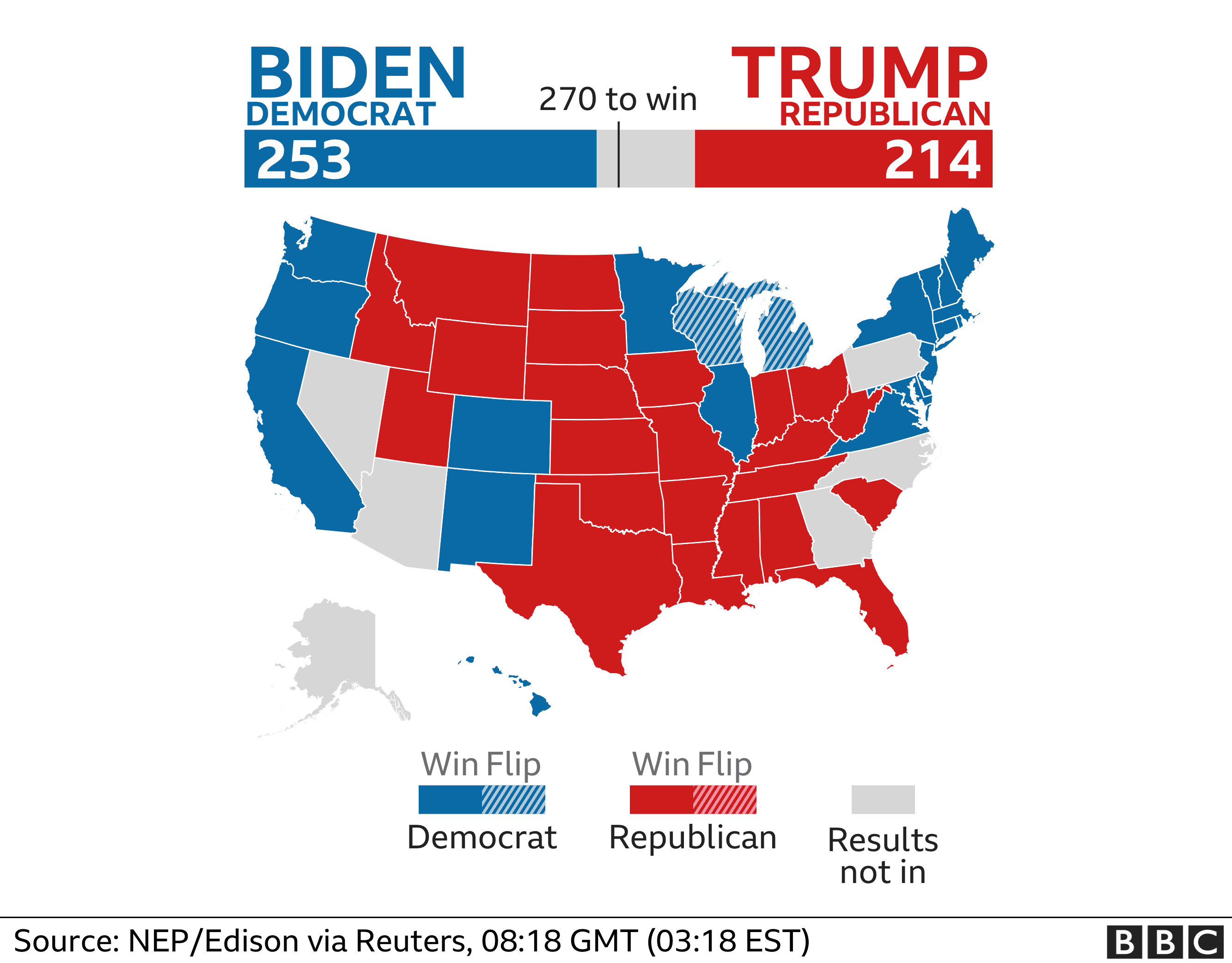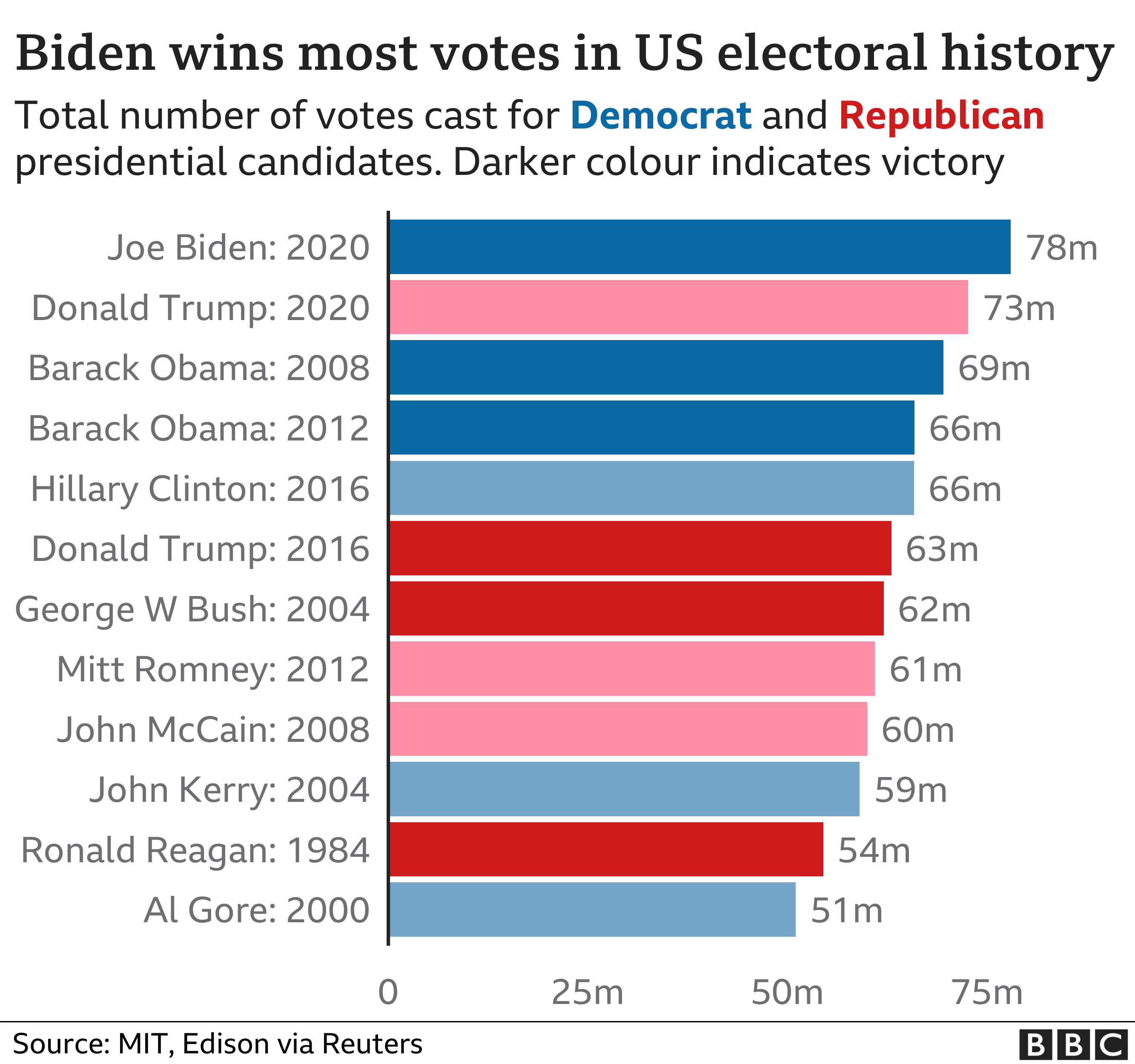Election Results Overview

The recent election has concluded, leaving a landscape of political shifts and emerging trends. Here’s a breakdown of the key results, voter turnout, and significant changes in power dynamics.
Winning Candidates and Margins of Victory
The election saw a number of key races decided by narrow margins, highlighting the close division of voters.
- In the gubernatorial race, [Candidate Name] emerged victorious with [percentage] of the vote, defeating [Opponent Name] by a margin of [percentage points].
- The Senate race was another closely contested battle, with [Candidate Name] securing victory with [percentage] of the vote, narrowly edging out [Opponent Name] by [percentage points].
- The mayoral race in [City Name] saw a significant upset, with [Candidate Name] winning by a decisive margin of [percentage points] over the incumbent, [Opponent Name].
Voter Turnout and Demographic Trends
Voter turnout in this election was [percentage], [higher/lower] than the previous election.
- There was a notable increase in voter participation among [specific demographic group], suggesting a growing engagement in the political process within this segment of the electorate.
- Analysis of the results indicates that [specific issue] played a significant role in shaping voter preferences, with [specific demographic group] showing a strong preference for [specific candidate/party] on this issue.
Significant Changes in Political Control
The election resulted in a number of significant changes in political control at both the state and local levels.
- [Party Name] gained control of the state legislature in [State Name], marking a shift in power dynamics within the state.
- The election also saw [Party Name] take control of the city council in [City Name], signaling a potential change in policy direction for the city.
Analysis of Key Issues

The election campaign was dominated by a number of key issues that shaped the debate and ultimately influenced the outcome. These issues resonated with voters, prompting them to engage in the political process and express their preferences. The candidates presented contrasting positions on these issues, offering voters a clear choice between different visions for the future.
The Economy
The economy was a central theme throughout the campaign, with both candidates offering their perspectives on how to address economic challenges and stimulate growth. One candidate emphasized policies aimed at reducing taxes and regulations, arguing that these measures would create jobs and boost economic activity. The other candidate focused on increasing government spending on infrastructure and social programs, proposing that these investments would create jobs and improve living standards. The results of the election suggest that voters were concerned about the economy, with the winning candidate emphasizing their commitment to economic growth and job creation.
Healthcare
Healthcare was another major issue in the campaign, with the candidates offering different approaches to reforming the healthcare system. One candidate advocated for repealing and replacing the existing healthcare law, arguing that it was too expensive and burdensome. The other candidate proposed expanding the existing healthcare law, arguing that it had made healthcare more affordable and accessible for millions of Americans. The election results indicate that voters are divided on healthcare, with the winning candidate promising to address the issue but not providing specific details about their plans.
Climate Change
Climate change emerged as a significant issue in the campaign, with the candidates offering different perspectives on how to address the issue. One candidate acknowledged the reality of climate change and proposed policies to reduce greenhouse gas emissions, arguing that action was necessary to protect the environment and future generations. The other candidate questioned the science of climate change and opposed policies aimed at reducing greenhouse gas emissions, arguing that they would harm the economy. The election results suggest that voters are concerned about climate change, with the winning candidate promising to address the issue but not providing specific details about their plans.
Impact and Implications: Election Results

The recent election results have far-reaching consequences for the country, shaping its trajectory for years to come. The newly elected government will face a myriad of challenges and opportunities, impacting policy, governance, and public discourse.
Short-Term Implications
The short-term implications of the election results are likely to be felt almost immediately. The new government will be tasked with addressing pressing issues, including the ongoing economic recovery, the public health crisis, and the social and political divisions that have emerged in recent years. The policies adopted by the new government will have a direct impact on the lives of citizens, particularly in areas such as healthcare, education, and employment.
Long-Term Implications
The long-term implications of the election results will depend on the policies and actions of the new government. If the government prioritizes economic growth and social stability, it could lead to a period of prosperity and progress. However, if the government pursues divisive policies or fails to address key challenges, it could lead to increased social unrest and political instability.
Impact on Policy, Election results
The election results will have a significant impact on policy, as the new government will have the mandate to implement its agenda. This could lead to changes in a wide range of areas, including:
- Economic Policy: The new government may implement policies to stimulate economic growth, such as tax cuts or increased government spending. Alternatively, it may focus on addressing income inequality or promoting sustainable development.
- Social Policy: The election results could lead to changes in social policy, such as the introduction of new social welfare programs or the expansion of existing ones. The government may also address issues such as healthcare, education, and immigration.
- Foreign Policy: The election results may have implications for foreign policy, as the new government may adopt a different approach to international relations. This could include changes in alliances, trade agreements, or military spending.
Impact on Governance
The election results will also have a significant impact on governance. The new government will have the power to appoint key officials, shape the bureaucracy, and influence the legislative process. This could lead to changes in the way the government operates, including:
- Transparency and Accountability: The new government may prioritize transparency and accountability in government, leading to reforms that increase public access to information and hold officials accountable for their actions.
- Efficiency and Effectiveness: The new government may focus on improving the efficiency and effectiveness of government operations, reducing bureaucracy and streamlining processes.
- Public Engagement: The new government may prioritize public engagement in decision-making, seeking input from citizens and stakeholders on policy issues.
Impact on Public Discourse
The election results will also have an impact on public discourse. The campaigns and debates leading up to the election often raise important issues and generate public discussion. The new government’s policies and actions will shape the national conversation, influencing public opinion and shaping the political landscape.
Key Implications for Different Sectors or Groups
The election results will have different implications for different sectors or groups within society. Here is a table outlining some of the key implications:
| Sector/Group | Key Implications |
|---|---|
| Business | Changes in tax policy, regulations, and trade agreements could impact business operations and investment decisions. |
| Education | Changes in funding levels, curriculum standards, and teacher training could impact the quality of education. |
| Healthcare | Changes in healthcare policy, such as the expansion or contraction of public insurance programs, could impact access to healthcare services. |
| Environment | Changes in environmental regulations and policies could impact the environment and the economy. |
| Immigration | Changes in immigration policy could impact the lives of immigrants and their families. |
Election results can offer a glimpse into the political landscape, revealing voter preferences and potential shifts in power. The Michigan primary results , for example, have sparked discussions about the direction of the upcoming general election, highlighting key issues and potential frontrunners.
These results, coupled with similar outcomes across the nation, are crucial for understanding the broader electoral landscape.
Election results often hinge on the candidates chosen in primaries, which serve as the first crucial step in the electoral process. Today, voters across the nation are casting their ballots in primaries today , shaping the field of contenders who will ultimately face off in the general election.
These primaries offer a glimpse into the priorities and preferences of the electorate, providing valuable insights into the upcoming electoral landscape.
